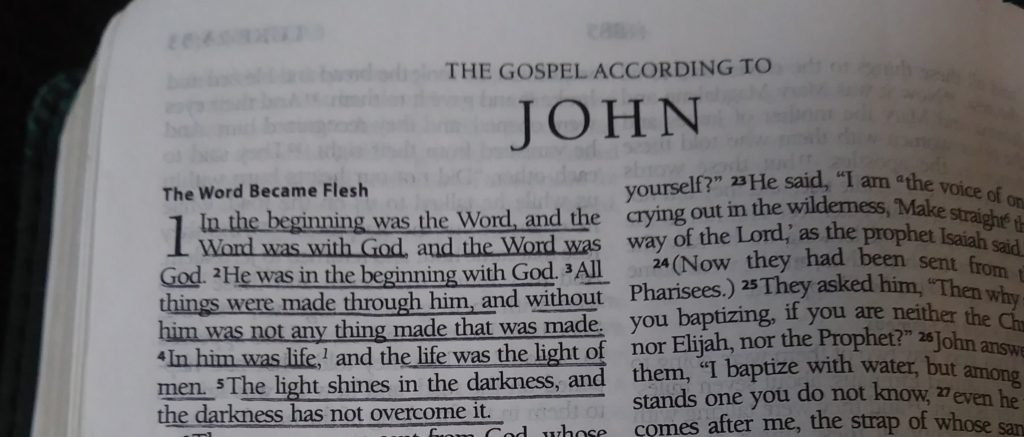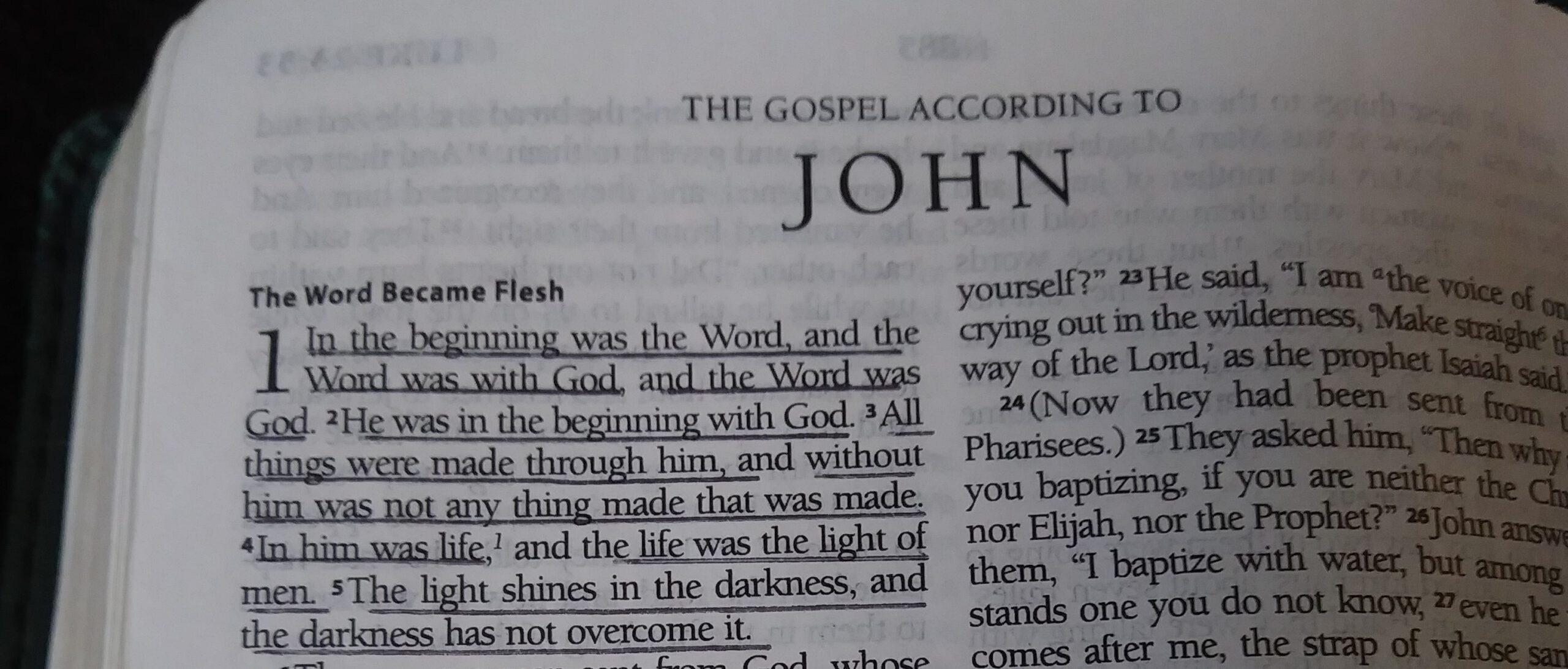 Several years back, a Mary Kay consultant came to my house. Before she left, she told me she thought I would make a good Mary Kay consultant and asked if I would be interested in joining her team.
Several years back, a Mary Kay consultant came to my house. Before she left, she told me she thought I would make a good Mary Kay consultant and asked if I would be interested in joining her team.
I refrained from the urge to laugh and politely told her I would think about it. Me selling makeup is a laughable proposition to begin with. I am one of the lowest maintenance girls on the planet – if my makeup routine takes longer than 2.5 minutes, we have ventured into the land of improbability. Just ain’t happening, folks.
I later told her no, and not just for the above reason. In high school, I won every debate – but only when I agreed with the position I had to defend. Some people are great at selling anything you put in their hands or winning any debate, no matter which side of the argument they are on. That is simply not how I’m wired. I can only convince someone of something that I absolutely believe in, and when it came to Mary Kay, I couldn’t sell something I myself wasn’t sold on.
As I embark on my writing career, I find myself asking the same questions of passion and purpose behind writing. If I am going to put the work into this – and not just writing itself but everything that comes with it – I must be sold on it. I’m not just talking about believing in the quality of my writing; I’m talking about believing in the purpose of writing (and reading). I must be sold on fiction as a worthwhile pursuit if I am going to write it.
Is Writing Fiction a Worthwhile Pursuit?
Those musings have led me to mull over one persistent question with the Lord: why write, and why read? More specifically:
- What’s the point in writing novels if they don’t end up getting published?
- Since I can’t guarantee that any of them will get published, does that make writing them a work in futility?
- What is the value of fiction? Are reading and writing a worthwhile pursuit when we have a lost and broken world that desperately needs to hear about Jesus before His return (which could be anytime, because none of us knows)?
- Can writing novels be a Great Commission, Kingdom-building activity?
- Scripture says do all to the glory of God – therefore, how do I write and read in a way that is purposeful and honoring to Him?
During my writing break over Lent, this question of “why write, why read?” was one of the central points of my reflection with the Lord. I could probably write 50,000 words about what the Lord is showing me from that time, but for today, there is one clear point I want to share:
Words have power.
There is a reason that people throughout history have burned books and emptied libraries as a way to contain ideology, limit thought, decrease self-sufficiency, and ultimately, control people. When you remove people’s access to written thought, you reduce their agency.
We see a clear example of this in our own country’s despicable history with slavery and racism: slaves were not allowed to learn to read or write. Why? Because reading and writing is knowledge, and knowledge gives agency. When the oppressed party exerts their own agency, it undermines the power of those in authority.
As I tell my 7-year-old daughter regularly: when you can read, you can learn anything. When you can write, you can think anything. Therefore words are a tool of power, which when yielded for good, can be utterly revolutionary, and when yielded (or revoked) for evil, can be utterly oppressive.
THE Word IS Power
As I reflect on the power of words, I cannot help but reflect on the power of THE Word. Scripture says Jesus Christ, the Son of God who died for our sins and rose victorious from the grave so that we can again have perfect fellowship with God throughout all eternity, is THE Word. Scripture says the entire created world and all of history point to Him, if we are willing to see it.
God doesn’t strip us of our agency and force us to see the world His way. He is not a tyrant blindly forcing us to succumb to His ideology; He is the loving Father teaching His children to read so that they may have the choice to believe truth. He has given us words and thought and free will. He has given us His Word, the Bible, which reveals THE Word, Jesus Christ.
THE Word, Jesus Christ, is the complete source of knowledge. He is the ultimate source of truth. He is the endless well of wisdom and understanding.
If words have power, THE Word IS power. Remember the quote I posted last week?
He utters His voice; the earth melts. – Psalm 46:6 (ESV)
That’s the power of THE Word. He alone has power to raise life from death. He alone has power melt the earth with the utterance of His voice. He alone has power to give us new life and restore the earth to the way things were meant to be. With the revelation of THE Word comes the revelation of the most precious thing: HOPE.
Writing Worthwhile Fiction
I want people to know that hope. That is my heartbeat. Therefore, my conclusion is simple – any reading and writing that points people to THE Word is purposeful and worthwhile. Any reading and writing that points my own heart to THE Word is purposeful and worthwhile. For when words draw us to THE Word, we encounter hope.
That has been my prayer since I first began writing stories as a child – that through my stories, people would see Jesus. Until He tells me to stop, I’m going to keep writing the kind of fiction that points people to Jesus. And if you, my readers, ever find that my writing ceases to fulfill that litmus test, by all means – stop me!

